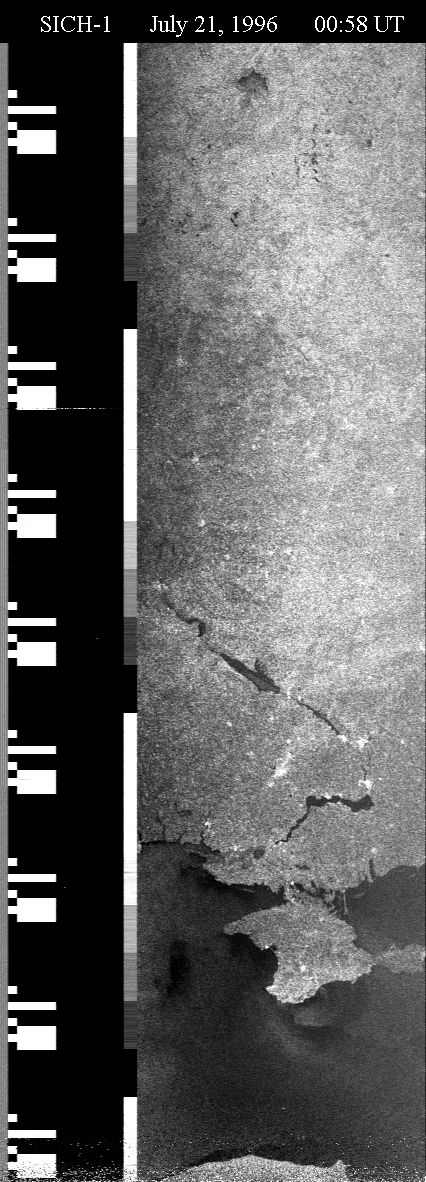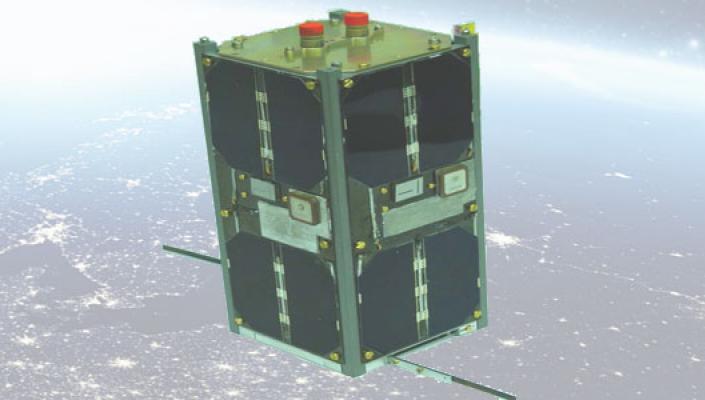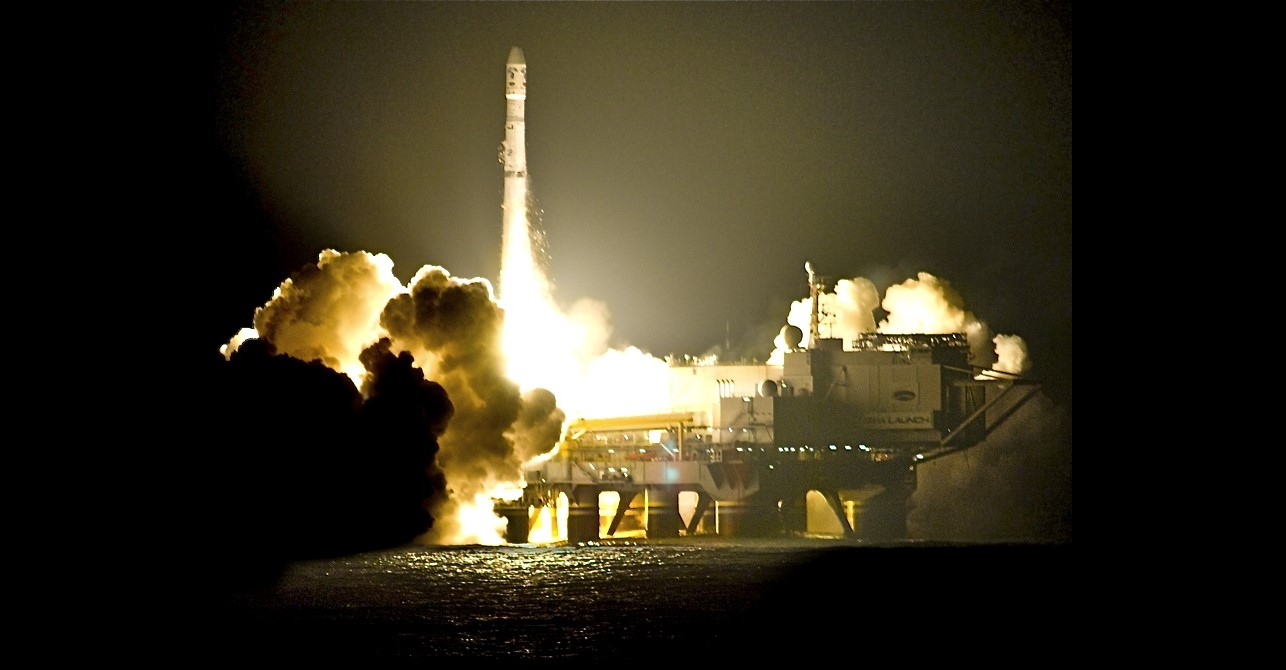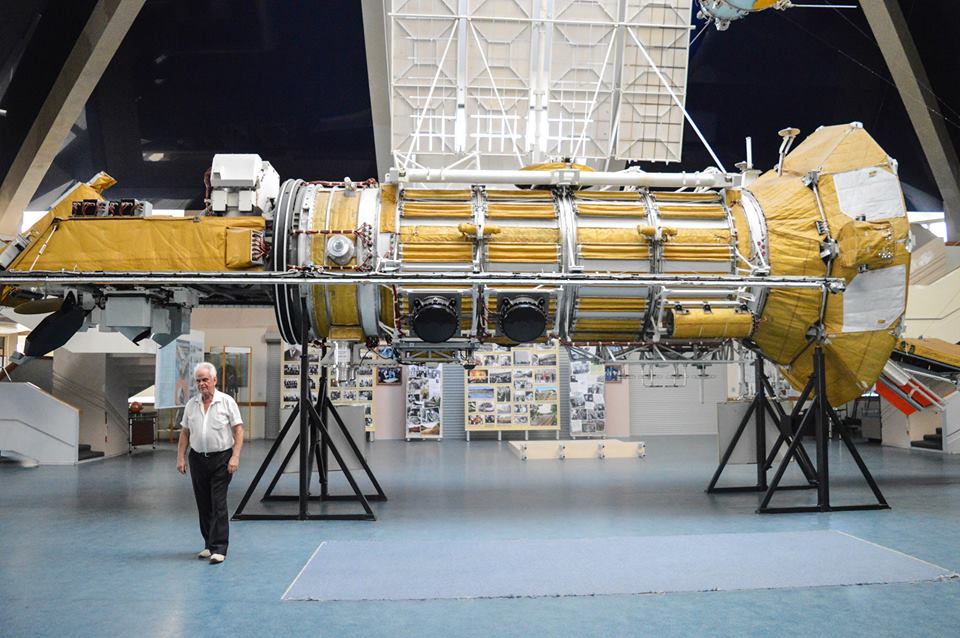According to the Institute's press release, the organizations intend to "implement projects for designing and manufacturing of space-oriented products beneficial to Ukraine, sales of the jointly made products at foreign markets." The organizations are joining efforts in searching for investors to achieve the goals.
The partners are considering establishing a consortium for carrying out the projects in the mentioned fields. The Memorandum itself is a base for detailed agreements on cooperation between the Igor Sikorsky Kyiv Polytechnic Institute and the Alliance "New Energy of Ukraine" and regulation the joint activities.
The Alliance "New Energy of Ukraine" is an NGO working in the field of energy conservation and energy-efficiency. The organization includes the Laboratory for Advanced Jet Engines established for the development of space and defense projects.
KPI satellites
The Igor Sikorsky Kyiv Polytechnic Institute has developed scientific nanosatellites of the CubeSat format, PolyITAN-1 and PolyITAN-2.
PolyITAN-1 was launched into orbit with 33 other small satellites on 19 June 2014 from the Russian territory. The Ukraine-developed Dnipro rocket was used as a launch vehicle.
On 13 April 2017, PolyITAN-2 was delivered to the ISS among 28 small satellites on the unmanned resupply spacecraft Cygnus CRS OA-7, launched on the Atlas V rocket from Cape Canaveral. Later on 22 April, the tiny satellite was put into orbit. PolyITAN-2 is involved in the international space program of researching the thermosphere layer, the least-studied layer of the Earth's atmosphere.

The image of Crimea and Ukrainian rivers made by Sich-1 transmitting full-width radar on 21 July 1996. Image: myweb.tiscali.co.uk
Other Ukrainian satellites
The first Ukrainian Earth observation satellite was Sich-1 launched on 31 August 1995 by the Ukrainian Tsyklon-3 rocket from the Plesetsk Cosmodrome in Russia. The heavy satellite (1915 kg) functioned until 14 December 2001. Its upgraded version, Sich-1M, was launched in 2004. Another satellite in series, 176-kg Sich-2, orbited in 2011; however it was lost a year after.
Read also: UK-Ukrainian satellite launch vehicle developer Skyrora to test its first rocket in 2018
Okean-O, a Ukraine-made Russian-Ukrainian satellite weighing 6250 kg, was launched in 1999 from the Baikonur Cosmodrome in Kazakhstan on the Zenit-2 Ukrainian launch vehicle. It was designed to gather remote sensing data crucial for researching natural resources of the Earth and world oceans. The mission also included ecological monitoring and weather forecasting. As of now, the orbiter has pulled out of service.

A light satellite, the 66-kg MC-1-TK "Mikron", shared the vehicle with heavy Sich-1M in December 2004. The vehicle was active for three years.
Satellites of Sich and Okean series, as well as Mikron, were developed by the Pivdenne State Design Office located in the city of Dnipro. Pivdenne is renowned for its launch vehicles of Zenit and Tsyklon series. The company develops launch vehicles, rocket main and steering engines, thrusters, and ballistic missiles since 1951.
Read more:
- Top-10 space achievements of independent Ukraine
- UK-Ukrainian satellite launch vehicle developer Skyrora to test its first rocket in 2018
- Canada’s first spaceport will launch Ukrainian rockets
- Ukrainian Zenit-3SL Rocket Successfully Launches the EUTELSAT 3B Spacecraft
- Dnipro will not let Ukraine’s space glory be forgotten
- Ukraine to regain position in world space and missile industry
- Problems with the NYT article on Ukrainian rocket engines in North Korea
- Ukrainian MarsHopper won NASA Space Apps Challenge
- United States and EU continue co-operation with Russia in space and missile industries
- “Unprofessional slander.” Ukrainian rocket experts slam NYT accusations of North Korean leak
- The first and only astronaut of independent Ukraine passes away at 67: a reflection on the career of Leonid Kadeniuk





